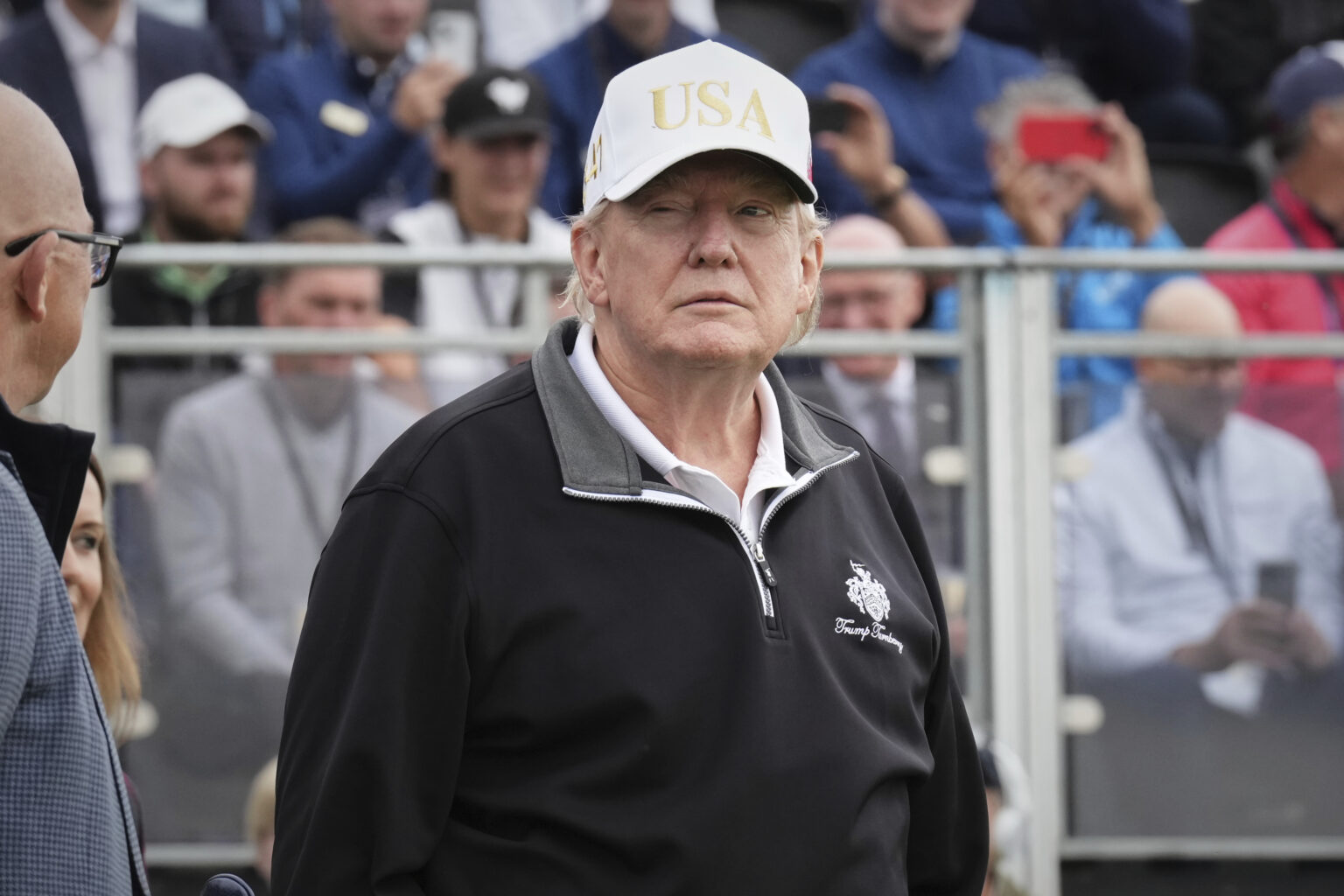President Donald Trump’s ‘Big, Beautiful Bill’ might backfire, the International Monetary Fund (IMF) has warned.
According to the international financial institution’s July 2025 World Economic Outlook Update, while the Trump-backed legislation has helped lift short-term U.S. growth, it could create other economic problems down the track.
Newsweek contacted the White House by email to comment on this story.
Why It Matters
Earlier this month, Congress passed the “One Big, Beautiful Bill” (OBBA) after months of internal GOP divisions and last-minute negotiations.
The wide-ranging legislation, among other things, extends Trump’s 2017 tax cuts, eliminates taxes on tips and overtime, and boosts funding for immigration enforcement and defense. The bill will also reduce the Department of Health and Human Services budget by $880 billion over 10 years.
According to the Congressional Budget Office, the bill will add $2.4 trillion to the U.S. national debt. It also stated that the legislation reduces taxes by $3.75 trillion.
Before it was passed, the IMF said that the bill was against IMF recommendations to reduce fiscal deficits in the medium term.
What To Know
In the update, the IMF said that while the bill had “brought clarity to the near-term path of U.S. fiscal policy, it has added to uncertainty about longer-term fiscal sustainability.”
The report added that it will increase the fiscal deficit by about 1.5 percentage points of GDP in 2026 and that tariff revenues will offset around half these increases.
However, it also said the legislation could also raise U.S. output by around 0.5 percent on average through to 2030.
The IMF has also upgraded its global growth forecast and upgraded its projection of U.S. growth, showing global economic resilience, despite Trump’s tariffs policies.
What People Are Saying
Speaking to Newsweek, John Diamond, an adjunct professor of economics at Rice University, said: “The OBBA does increase short-term growth and it also increases long-term growth even after accounting for the additional debt to finance the tax cuts. So OBBA increases short- and long-run growth. Especially the permanent investment incentives in the bill.
“The benefits of permanent tax policy are another positive as permanent policies allow for better decision making by businesses and consumers. In addition, for the past two decades much of U.S. tax policy was temporary, this created a deficit increasing fiscal situation as Republicans wanted to extend the tax cuts and Democrats wanted to increase spending. The standard compromise was both tax cuts and spending increases which led to increasing deficits. That dynamic is now less likely to play out.
“I don’t think there are significant additional risks of inflation from the tax cuts (the Fed should account for the additional fiscal stimulus in its monetary policy decisions) or that the cuts will cause global financial uncertainty (they are just not big enough and they don’t accrue fast enough and offsetting policies can be adopted over time). Granted, tariff and trade uncertainty could lead to an increase in the price level and more financial market volatility depending on how the deal making works out over time.”
IMF spokesperson Julie Kozack said earlier this month in a press briefing: “From the IMF side, we have been consistent in saying that the U.S. will need to reduce its fiscal deficit over time to put public debt-to-GDP on a decisive downward path. Of course, the sooner that process starts to reduce the deficit, the more gradual the deficit reduction can be over time.”
What Happens Next
The full consequences of the legislation will become clearer as its provisions are implemented. Some of the changes it makes will not take place until 2028, meaning it will take a while for its full economic impact to be known.
Read the full article here

